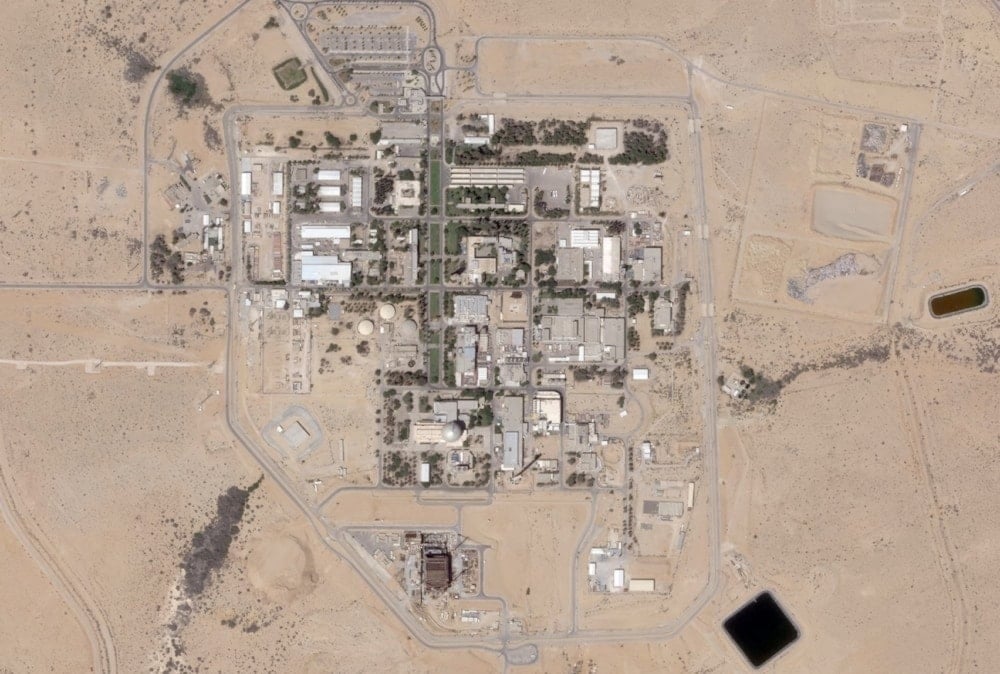ALWAGHT- Aboul Gheit accused Washington of deceiving Arab nations on nuclear disarmament, disclosing a secret US-Israeli agreement that protects Tel Aviv’s unacknowledged nuclear arsenal.
Arab League Secretary-General Ahmed Aboul Gheit revealed the existence of a “secret agreement” between the United States and “Israel,” under which Washington pledged silence over “Israel’s” nuclear arsenal in exchange for Tel Aviv’s commitment to permanent secrecy. In an interview with Egypt’s Sada El-Balad channel, he accused Washington of misleading Arab nations, recalling failed US promises to pressure “Israel” to join the Nuclear Non-Proliferation Treaty (NPT) if Egypt did so.
Aboul Gheit said the US shields “Israel” from scrutiny, describing it as being protected by the dominant global power since the Soviet Union’s collapse. He added that Egypt has refrained from signing treaties on chemical or biological weapons, arguing that nuclear weapons bring more risks than benefits. He reaffirmed Cairo’s call for a Middle East free of weapons of mass destruction, suggesting that international inspections of “Israel’s” nuclear sites may eventually be unavoidable.
Meanwhile, satellite imagery has revealed intensified construction at the Dimona nuclear site—officially the Shimon Peres Negev Nuclear Research Center—long believed to house “Israel’s” secret nuclear weapons program. Analysts noted major developments, including what appears to be a deep underground complex, possibly for a new heavy water reactor or warhead assembly facility. Experts say this expansion signals an ongoing upgrade to “Israel’s” nuclear capabilities.
“Israel” continues to maintain its policy of nuclear ambiguity, neither confirming nor denying possession of nuclear weapons and remaining outside the NPT. With no international inspections permitted at Dimona, speculation over the scale of its arsenal persists. Estimates suggest “Israel” holds about 90 nuclear warheads, and recent US-Israeli strikes on Iranian nuclear sites have renewed concerns that Tel Aviv’s expanding program could heighten regional tensions and threaten global stability.



























